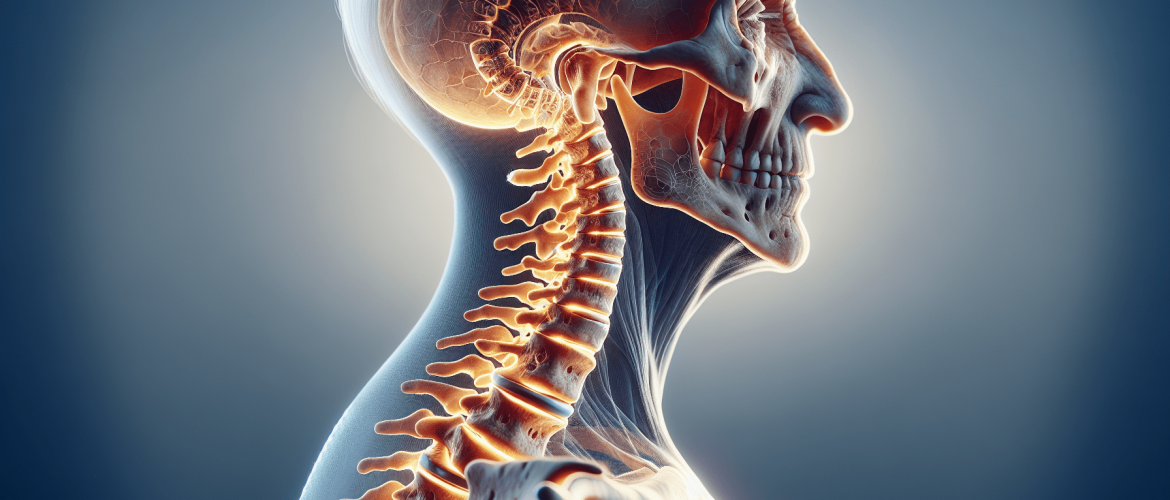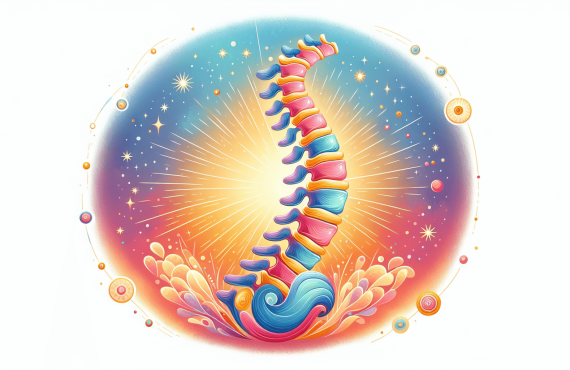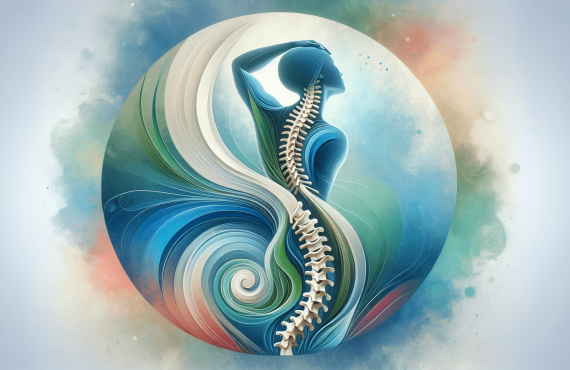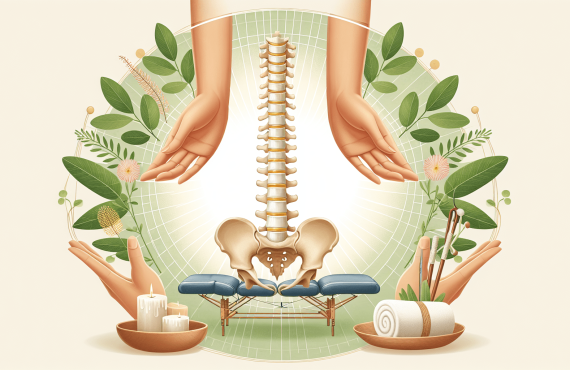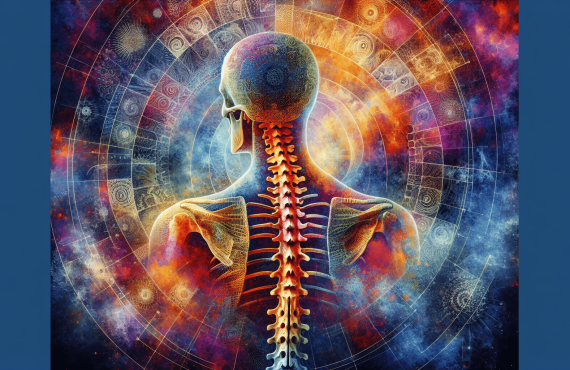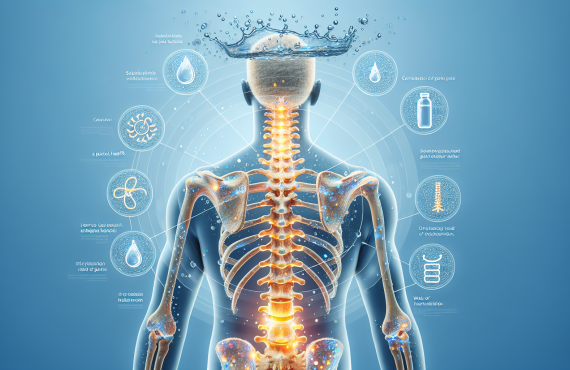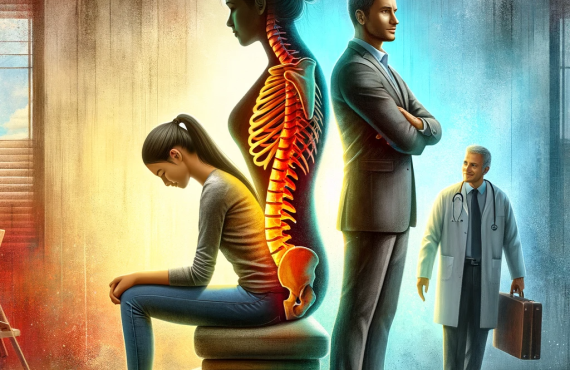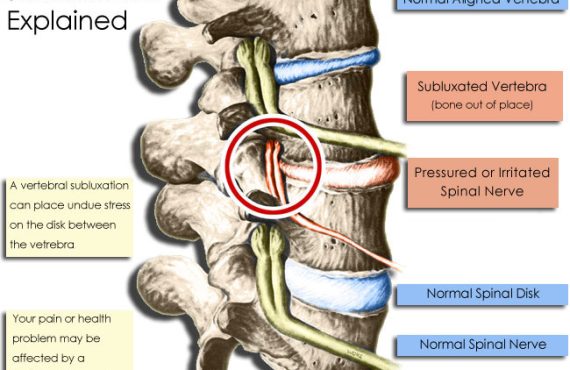Have you ever woken up and felt as though your body just wasn’t as cooperative as it used to be, especially your back? If so, you’re certainly not alone. The spine, that often underappreciated backbone of our daily lives, can be a source of significant discomfort as we grow older. Understanding and addressing age-related spinal issues is key to maintaining your quality of life as time marches on.
Table of Contents
Understanding the Aging Spine
The Journey of the Spine Through Time
Our spines are incredible structures, designed to provide support, flexibility, and protection. However, much like the rest of our bodies, they are not immune to the effects of aging. Over time, the natural wear and tear to which our spines are subjected can lead to a variety of issues that are both common and impactful.
Common Spinal Changes with Age
Aging brings about a number of changes to the spine. The most prominent include the degeneration of spinal discs, the formation of bone spurs, and the narrowing of spinal spaces, known as stenosis. These changes can affect your posture, range of motion, and, unfortunately, can often become quite painful.
The Impact of Osteoporosis
One major player in age-related spinal issues is osteoporosis—a condition characterized by weakened bones. This can lead to fractures, which are particularly common in the vertebrae. Such fractures can be a significant source of pain and can greatly affect overall spinal health.
Recognizing Symptoms of Spinal Issues
The Signals Your Spine Sends
Your body has ways of letting you know when something is off, but the challenge is often in deciphering these messages. With spinal issues, symptoms may range from mild discomfort to debilitating pain. Common symptoms include persistent back or neck pain, a reduced range of motion, and even sensations like tingling or numbness in the extremities.
When to Seek Professional Help
Pain—particularly if it’s persistent—should never be ignored. If your discomfort is consistent, affects your daily activities, or is accompanied by other symptoms such as weakness or loss of bladder control, it’s time to schedule an appointment with a healthcare professional.

The Role of Chiropractic Care
How Chiropractors Help
Chiropractors focus on diagnosing and treating musculoskeletal issues, with a strong emphasis on spinal health. Using manual adjustments and other non-invasive techniques, chiropractors work to improve spinal alignment, which can alleviate pain and enhance function.
Dr. Craig Henry at Henry Chiropractic
In Pensacola, Dr. Craig Henry brings extensive expertise in chiropractic care. He’s committed to improving health and wellness, whether you’re struggling with back pain, neck discomfort, or simply looking to feel better upon waking.
Dr. Aaron Hixon’s Approach
Another dedicated professional at Henry Chiropractic is Dr. Aaron Hixon. Dr. Hixon’s passion for helping others drives his practice. With training in a variety of chiropractic techniques, including Diversified, Gonstead, and Myofascial Release, Dr. Hixon offers comprehensive care tailored to each patient’s needs.
Managing and Preventing Spinal Issues
Lifestyle Changes
Adjusting certain aspects of your lifestyle can play a significant role in managing and preventing spinal issues. Regular physical activity, a healthy diet rich in calcium and vitamin D, and avoiding smoking or excessive alcohol use are all positive steps.
Exercises for a Healthy Spine
Keeping your spine healthy involves regular exercise, including activities that strengthen core muscles and improve flexibility. A routine that includes yoga, swimming, or pilates can contribute significantly to spinal health.
Posture Matters
Posture deserves your attention probably more than it gets. Maintaining good posture, whether you’re standing, sitting, or lifting weights, reduces the strain on your spine and decreases your risk of developing further issues.

Exploring Treatment Options
Non-Surgical Treatments
When it comes to treatment, surgery isn’t the only option—and often, it’s not the first. Non-surgical treatments can include physical therapy, chiropractic care, acupuncture, or even simply using supportive devices such as braces.
The Possibility of Surgery
In cases where conservative treatments aren’t effective, surgical options may be considered. These can range from discectomy, which involves the removal of a portion of a disc, to spinal fusion, which joins two or more vertebrae. It’s crucial to discuss all potential benefits and risks with your surgeon.
Staying Ahead of Spinal Issues
Regular Check-Ups
Regular check-ups play a crucial role in staying ahead of spinal issues. This involves not only periodic visits to your chiropractor but also engaging other healthcare providers as needed to ensure a comprehensive approach.
Embracing New Technologies and Therapies
As medical technology advances, new therapies and techniques become available. Keeping an open mind and staying informed about these innovations can be beneficial, potentially offering relief or improvements that weren’t previously available.
Supporting Your Spine with a Strong Support System
Don’t underestimate the power of your support network—family, friends, and community resources. Your support system can provide encouragement, assist with tasks that may exacerbate your condition, and keep you motivated on your journey to spinal health.
Final Thoughts
Understanding and addressing age-related spinal issues is an ongoing journey—one that involves being informed, proactive, and supported by a healthcare team that understands your unique needs. In Pensacola, Dr. Craig Henry and Dr. Aaron Hixon at Henry Chiropractic are here to guide you every step of the way. Their comprehensive and personalized approach to care ensures that you can face the challenges of an aging spine with confidence and an experienced team at your side.
No one can stop the clock on aging, but with the right care, you can certainly live with grace, mobility, and much less ache. As you steward your spine through each page of life, remember: your spine may be the backbone, but you are the author.


